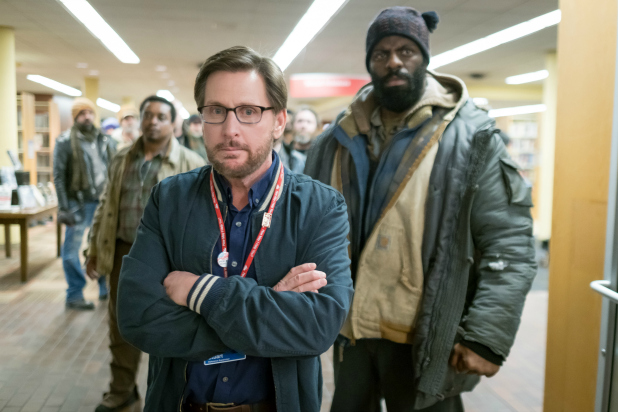Based on real events in the long infamous US past, the historical drama The 24th takes place during WW I, and a Houston army contingent known back then as the 24th Regiment. But this is not a war movie, while at the same time it is, very much so. Namely, the endless war against African Americans from the inception of this nation, and essentially to this very day. And the repeatedly buried black history of defiant, desperate resistance and rebellion, however bereft of hope.
Known as the Camp Logan Mutiny taking place on August 23rd back in 1917, a mass rebellion of those 156 segregated soldiers of the Third Battalion occurred in reaction to the Houston escalating racist assaults and outright massacres all around them. While an evident spark igniting the uprising however futile, was in some cases the personally experienced East St. Louis Massacre ending just a month earlier, when up to 250 African Americans were murdered by whites, and another 6,000 left homeless following the rampage burning down their homes, beginning that May.
And the Army unwilling to do anything to protect the soldiers, or prosecuting those responsible. Leading to the armed attack one night against those brutalizing Houston whites, including the police, responsible for the torture and murders of terrified African Americans civilians of Houston as well. The resulting trial, the largest murder trial in US history, led to the execution of nineteen of those brave and defiant soliders, and the rest sentenced to life imprisonment hard labor.
Helmed by first time director Kevin Willmott (BlacKkKlansman, Da 5 Bloods screenwriter) and co-written and starring Trai Byers, The 24th is yet another exemplary example of persistent filmmakers of conviction stepping in to exhume that invisibilized black past - where US history and the cowardly, abominable suppressed education system fear to tread.
And while it may be noted that the film is being released during this Black Lives Matter moment - along with Emperor, and the Samuel Jackson narrated Enslaved - potentially ushering in a commendable and urgent Black Renaissance in movies, that convergence which could not be more timely, may be more coincidental than otherwise. And quite possibly a reaction against a very different, loathesome convergence - the long surging racist white backlash against this country's first Black president, than anything else.
Prairie Miller
















